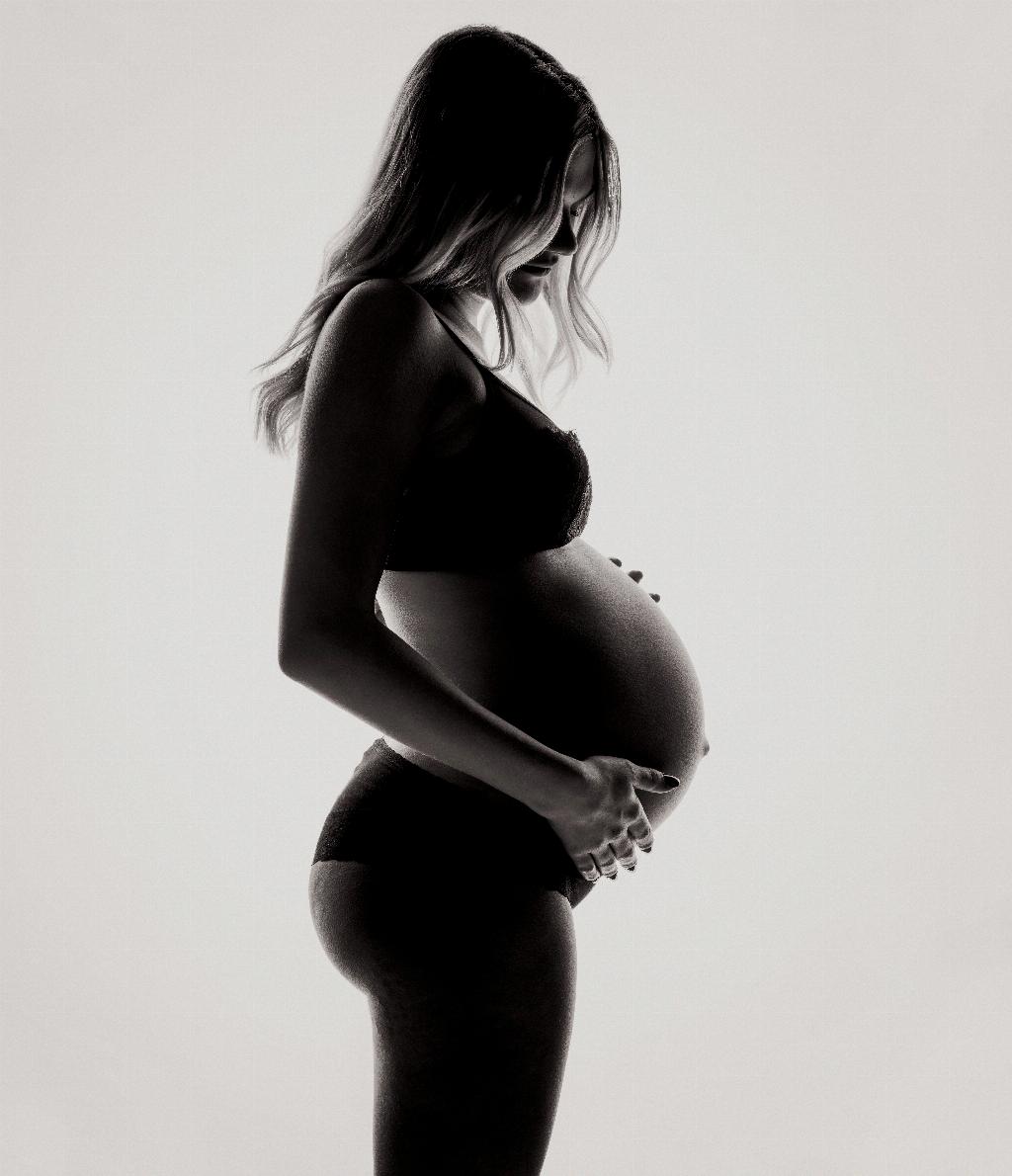When it comes to pregnancy, it’s essential to be cautious about the medications you take. One common concern for pregnant individuals is finding a safe antihistamine to manage allergy symptoms. Thankfully, there are options available that are considered safe for use during pregnancy.
Older antihistamines like promethazine and dexchlorpheniramine are known to be sedating, which may not be ideal for expecting mothers who need to stay alert and active throughout the day. On the other hand, newer antihistamines such as loratadine, desloratadine, cetirizine, levocetirizine, and fexofenadine are considered to be less sedating.
The safety of these newer antihistamines in pregnancy has been well-documented through adequate follow-up studies. This means that pregnant individuals can feel more confident about using these medications to alleviate allergy symptoms without compromising their health or the health of their developing baby.
Loratadine, commonly known by the brand name Claritin, is a popular choice for pregnant individuals experiencing allergies. It is classified as a Category B medication by the FDA, which means that animal studies have not shown any harmful effects on the fetus, and there are no well-controlled studies in pregnant women to confirm harm.
Desloratadine, sold under the brand name Clarinex, is another antihistamine that is considered safe for use during pregnancy. It is the primary active metabolite of loratadine and has a similar safety profile, making it a viable option for pregnant individuals seeking relief from allergy symptoms.
Cetirizine, marketed as Zyrtec, is another non-sedating antihistamine that is commonly recommended for pregnant individuals. It has a long history of safe use in pregnancy and is often prescribed to manage allergic rhinitis and hives without posing significant risks to the developing fetus.
Levocetirizine, the active enantiomer of cetirizine, is also considered safe for use during pregnancy. It is known for its effectiveness in reducing allergy symptoms while having a low risk of causing drowsiness, making it a preferred choice for pregnant individuals who need to remain alert and focused.
Fexofenadine, available under the brand name Allegra, is another antihistamine that is generally regarded as safe for use in pregnancy. It has a low risk of causing drowsiness or other side effects commonly associated with older antihistamines, making it a suitable option for pregnant individuals seeking relief from allergy symptoms.
In conclusion, when it comes to choosing a safe antihistamine for pregnancy, newer antihistamines such as loratadine, desloratadine, cetirizine, levocetirizine, and fexofenadine are considered reasonable options. These medications have been well-studied and are believed to pose minimal risks to both the pregnant individual and their developing baby. It is always advisable to consult with a healthcare provider before starting any new medication during pregnancy to ensure the best course of treatment for your specific needs.

